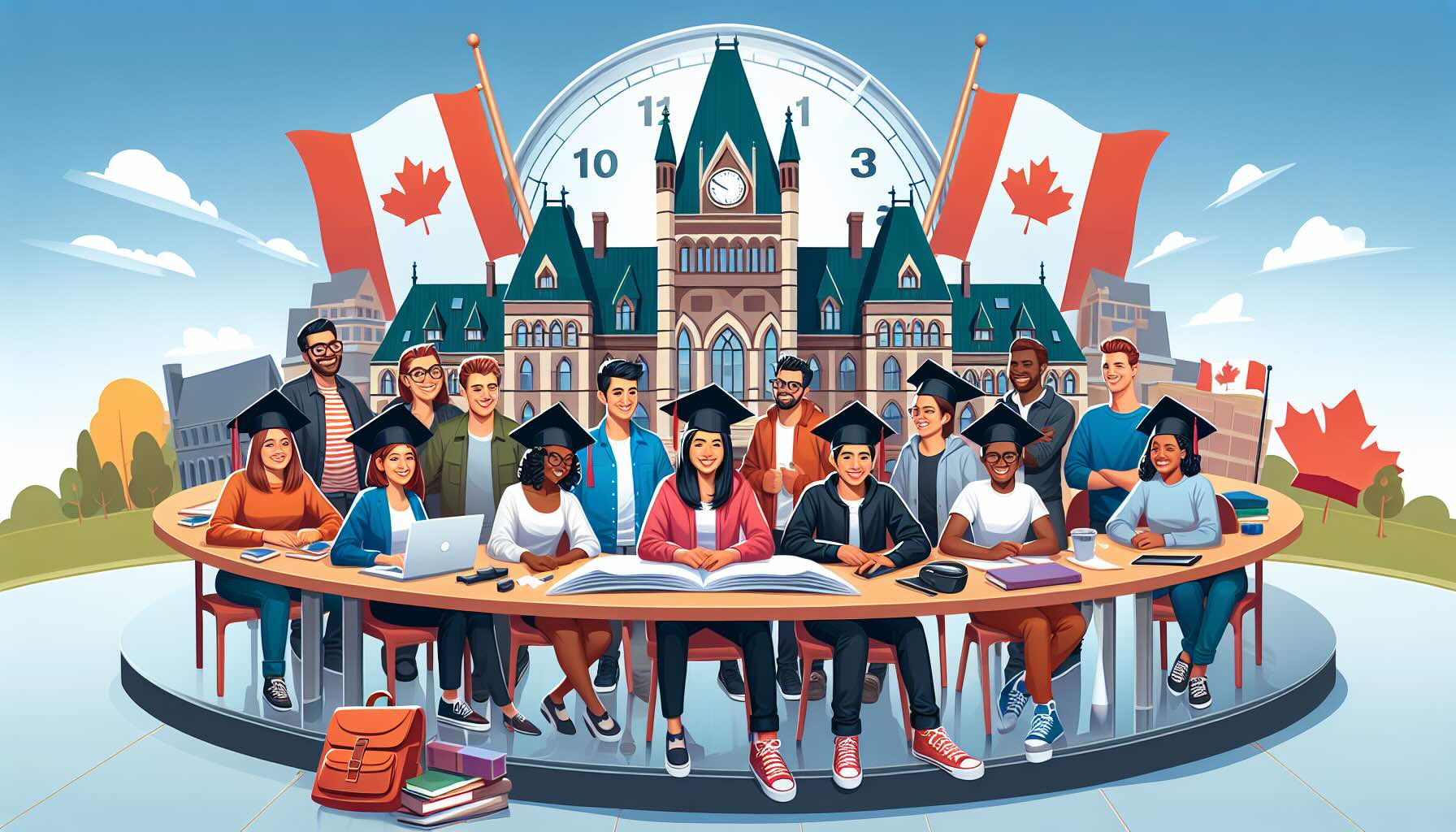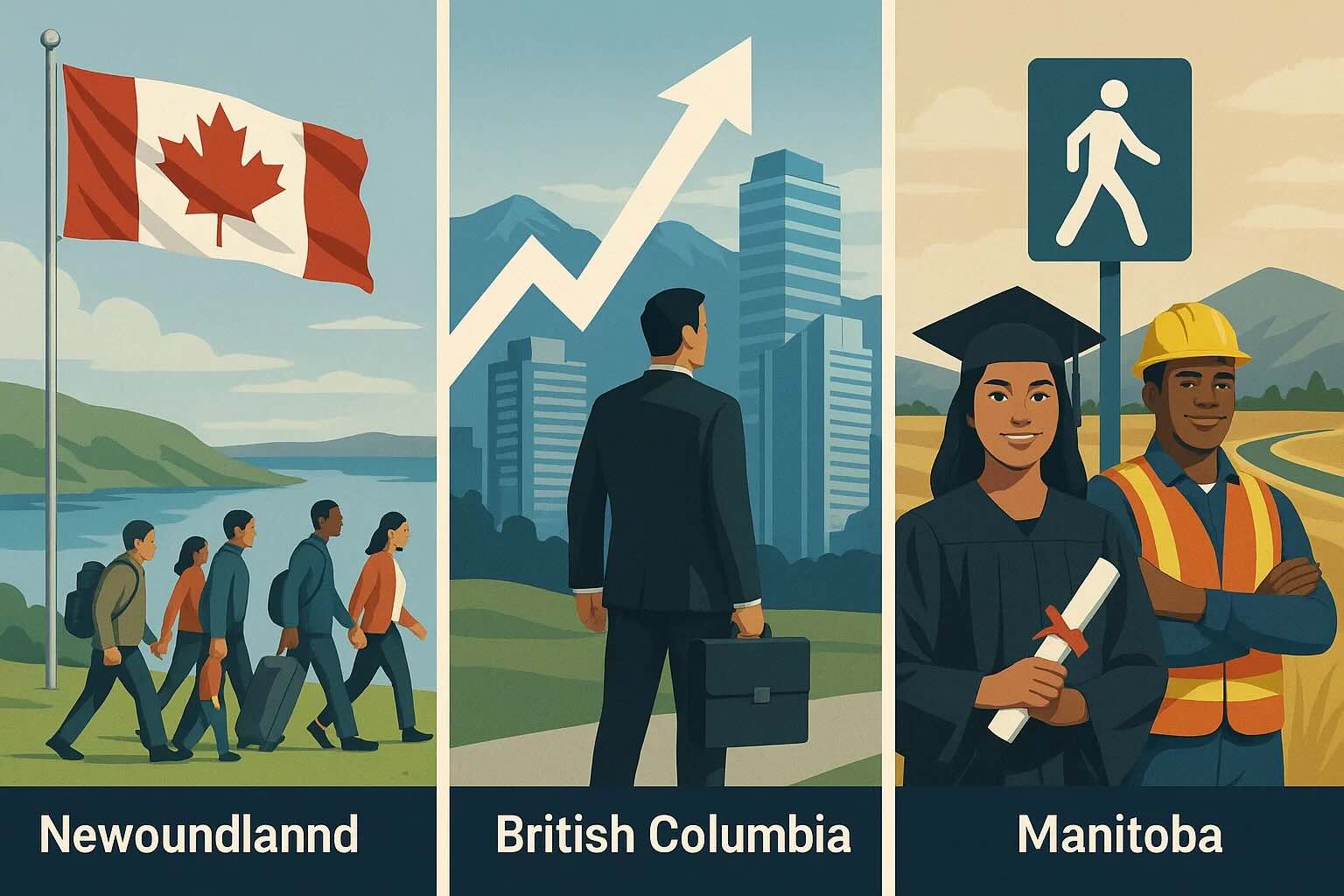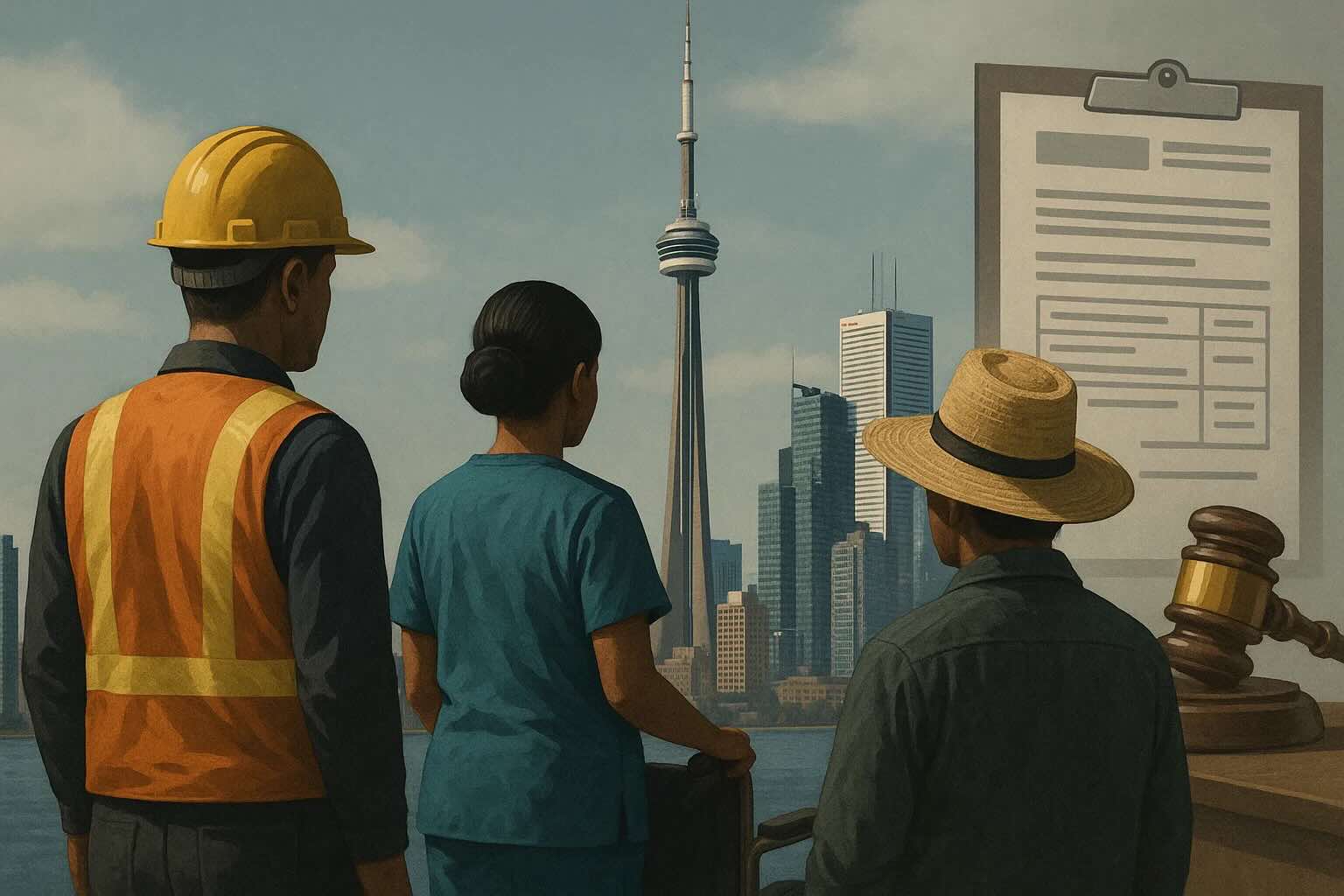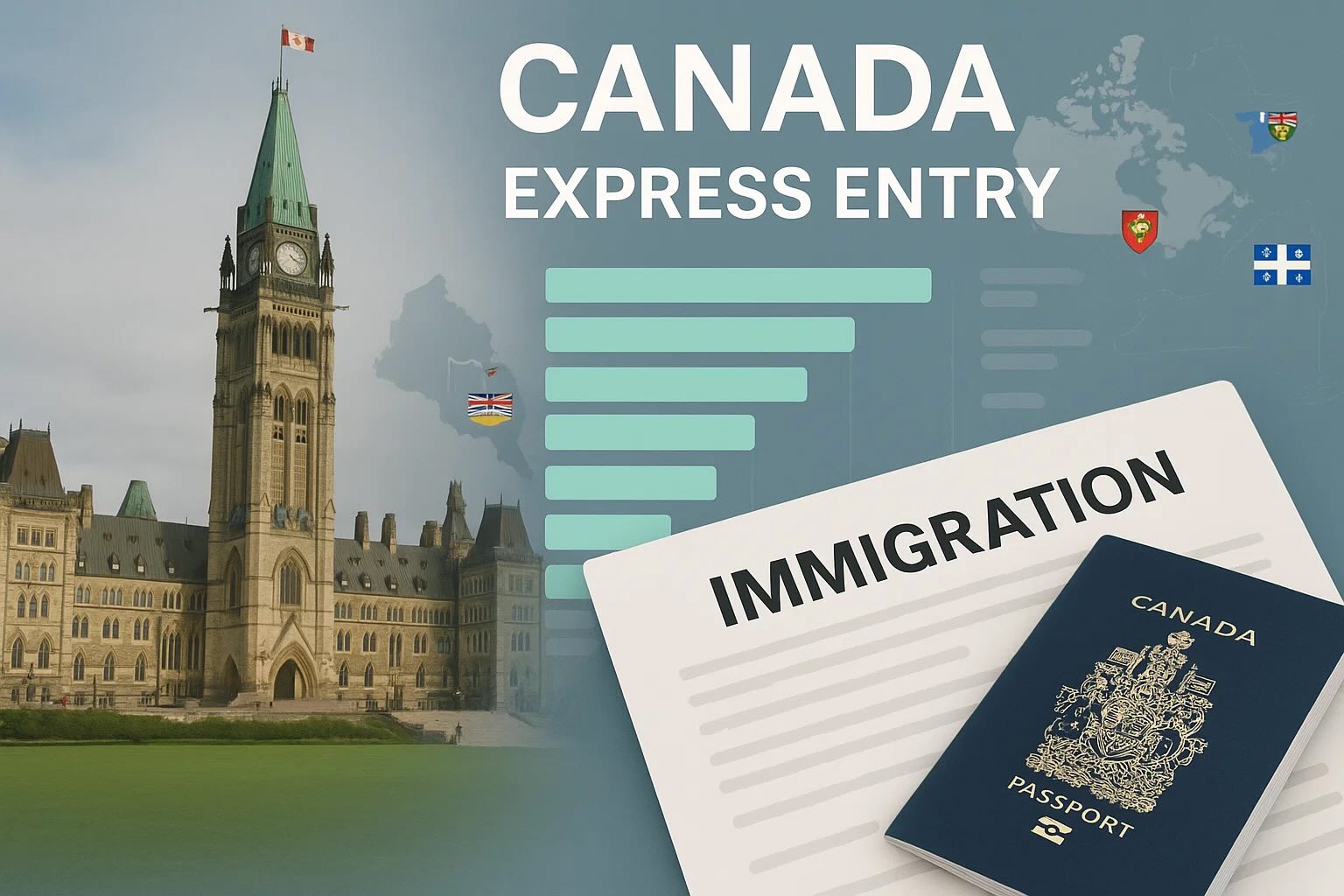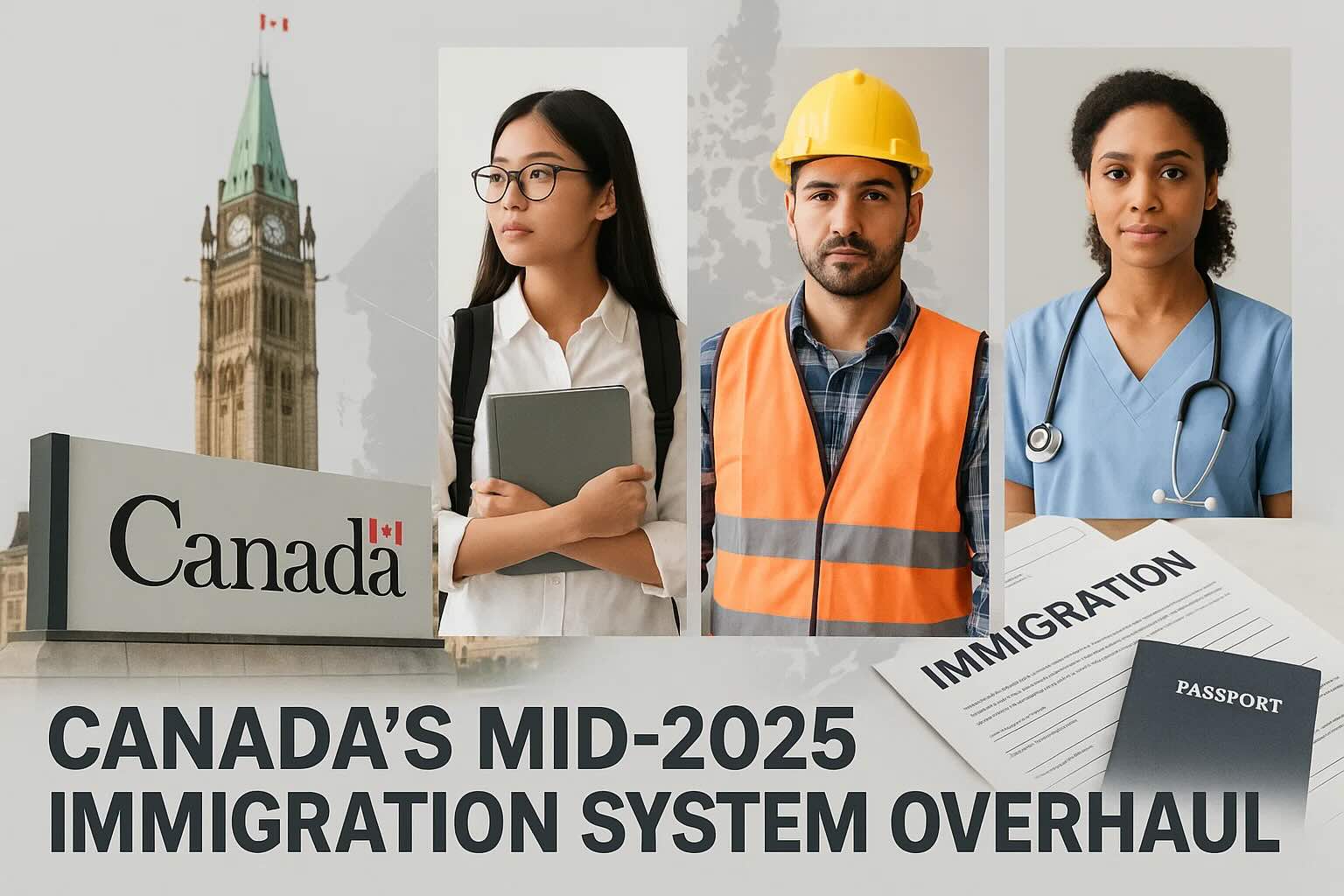Immigration, Refugees and Citizenship Canada (IRCC) has recently announced detailed provincial allocations for the 2025 Study Permit and provided further clarifications regarding the Provincial Attestation Letter (PAL) requirement. According to the latest official data, Canada plans to issue approximately 437,000 study permits in 2025, a 10% decrease compared to 2024. Among these, graduate students (master’s and doctoral) account for nearly 17% of the overall allotment. Meanwhile, IRCC confirms that, starting January 24, 2025, master’s and doctoral candidates will also be required to submit PALs, while exchange students are newly exempt from PAL or TAL (Territorial Attestation Letter) requirements.
1. Overall Quotas and Category Breakdown
IRCC expects to issue 437,000 study permits in 2025, reflecting a 10% drop from 2024. To implement this cap, IRCC introduced the PAL system to add an extra layer of verification for certain study permit applications. The newly released data show the following allocation by category:
- Graduate Students (Master’s/PhD): 73,282
- Represents about 16.77% of all study permits for 2025, higher than the previously announced 12% (as of September 18, 2024).
- Kindergarten to Grade 12 (K-12) Applicants (PAL/TAL Exempt): 72,200
- Other PAL/TAL-Exempt Applicants: 48,524
- Other Groups Requiring PAL/TAL: 242,994
For a total of 437,000 study permits.
Out of these, 242,994 will be allocated to students who must submit PAL/TAL. This group primarily includes undergraduate applicants and those enrolling in non-degree graduate programs (e.g., certificate programs or graduate diplomas).
2. Provincial and Territorial Allocations
IRCC has also disclosed the 2025 target numbers for students who need PALs or TALs, broken down by province and territory, including graduate students and all other applicants requiring PAL/TAL. The data below are in number of permits:
| Province/Territory | Graduate Students (Master’s/PhD) | Other PAL/TAL Required | Total PAL/TAL Required |
|---|---|---|---|
| Ontario | 21,841 | 94,899 | 116,740 |
| Quebec | 19,683 | 53,294 | 72,977 |
| British Columbia | 20,053 | 33,536 | 53,589 |
| Alberta | 3,887 | 28,773 | 32,660 |
| Manitoba | 1,224 | 8,797 | 10,021 |
| Saskatchewan | 1,578 | 7,291 | 8,869 |
| Nova Scotia | 1,954 | 6,343 | 8,297 |
| New Brunswick | 1,400 | 5,030 | 6,430 |
| Newfoundland & Labrador | 1,456 | 3,208 | 4,664 |
| Prince Edward Island | 205 | 1,045 | 1,250 |
| Yukon | 1 | 338 | 339 |
| Northwest Territories | 0 | 220 | 220 |
| Nunavut | 0 | 220 | 220 |
| Total | 73,282 | 242,994 | 316,276 |
Additionally, IRCC has established a maximum number of applications (Allocations) for each province or territory to ensure that the final approvals align with the intended issuance target, given historical approval rates in 2023 and 2024. Across Canada, there will be a maximum of 550,162 processed applications for those who need PAL or TAL in 2025:
| Province/Territory | Allocations for Graduate Students | Allocations for Other PAL/TAL Required | Total Allocations |
|---|---|---|---|
| Ontario | 32,579 | 149,011 | 181,590 |
| Quebec | 38,786 | 123,956 | 162,742 |
| British Columbia | 28,333 | 47,754 | 76,087 |
| Alberta | 5,256 | 42,082 | 47,338 |
| Manitoba | 1,980 | 16,611 | 18,591 |
| Saskatchewan | 2,791 | 14,850 | 17,641 |
| Nova Scotia | 4,191 | 14,411 | 18,602 |
| New Brunswick | 3,112 | 11,673 | 14,785 |
| Newfoundland & Labrador | 2,648 | 6,534 | 9,182 |
| Prince Edward Island | 391 | 2,044 | 2,435 |
| Yukon | 1 | 463 | 464 |
| Northwest Territories | 0 | 705 | 705 |
| Nunavut | 0 | 0 | 0 |
| Total | 120,068 | 430,094 | 550,162 |
3. New PAL Rules: Master’s and PhD Students Now Included, Exchange Students Exempt
On September 18, 2024, IRCC announced that, effective January 24, 2025, master’s and doctoral students applying for a study permit would also be required to submit a PAL, removing their previous exemption. At the same time, IRCC introduced a new exemption: exchange students now do not have to provide PAL or TAL. Groups previously exempt from PAL/TAL include:
- Kindergarten to Grade 12 students;
- Certain Canadian government priority groups and vulnerable cohorts; and
- Existing study permit holders applying for extensions at the same Designated Learning Institution (DLI) and the same level of study.
4. Policy Background and Immigration Targets
Canada’s tighter control over study permits aligns with its goal of lowering the proportion of temporary residents relative to the overall national population. As early as October 2024, the 2025–2027 Immigration Levels Plan introduced quantitative targets for temporary residents, covering new study permit holders and those entering under the International Mobility Program (IMP).
- The arrival target for international students in 2025 is 305,900, consistent with a more restrictive approach to overall study permits.
- The government is also placing stricter limits on family open work permits and Post-Graduation Work Permits (PGWP) to help keep overall numbers of temporary foreign nationals at a more controlled level.
- Under the IMP, the 2025 admissions target is 285,750, dropping to 128,700 in 2026 (the latter figure is a provisional goal and may be adjusted in the next immigration plan).
By coordinating these measures, Canada’s government aims to ensure that the total number of new study permits and work permits issued in 2025 aligns with its planned strategy, while maintaining the quality of higher education and the sustainable use of social resources.
